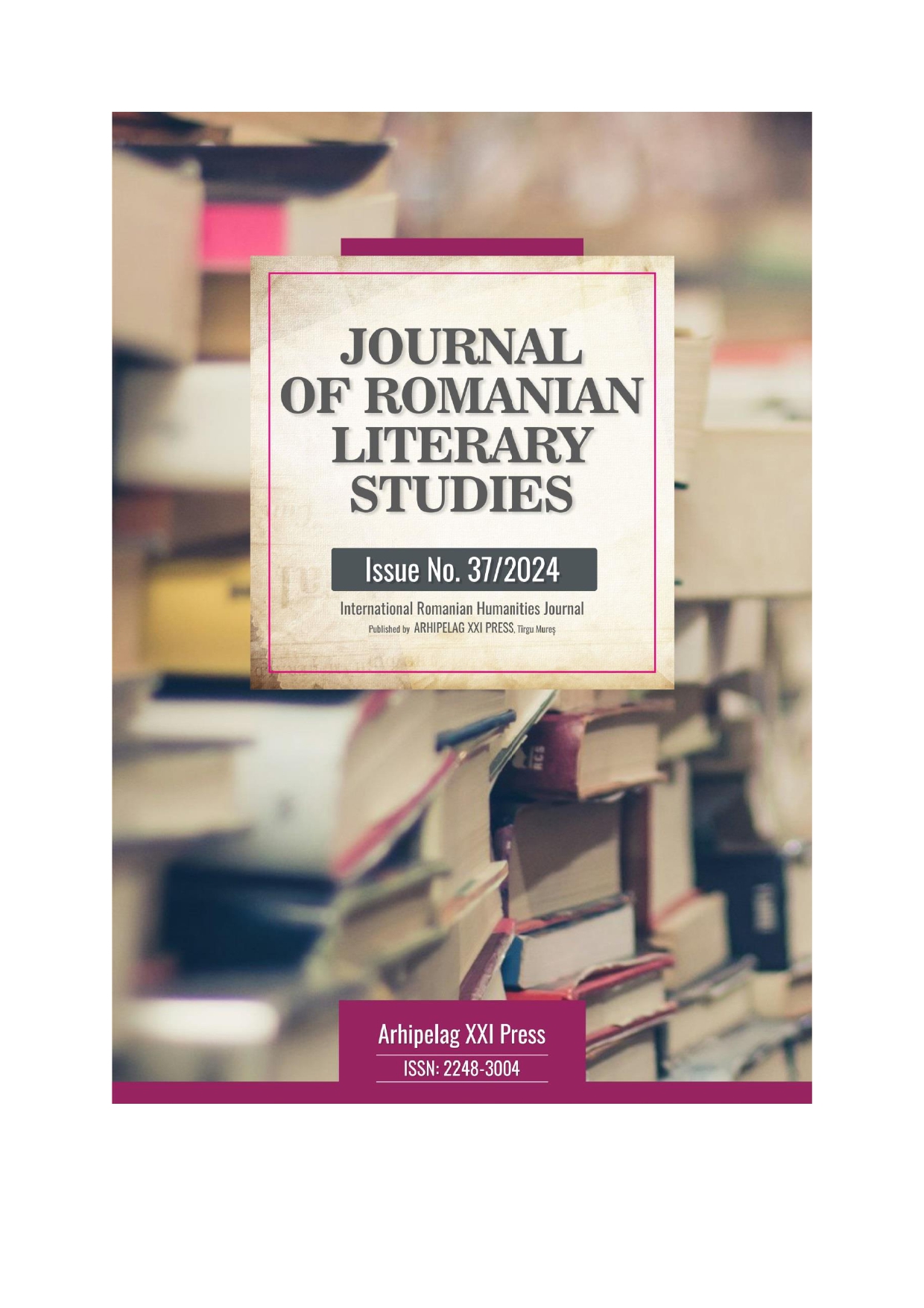ATTITUDES OF PRIMARY SCHOOL TEACHERS TOWARDS THE EDUCATION OF ROMA CHILDREN IN A RURAL AREA OF BIHOR COUNTY
ATTITUDES OF PRIMARY SCHOOL TEACHERS TOWARDS THE EDUCATION OF ROMA CHILDREN IN A RURAL AREA OF BIHOR COUNTY
Author(s): Gavril Flora, Maria Kelemen KőrösiSubject(s): Preschool education, Vocational Education, Educational Psychology, State/Government and Education, Applied Sociology, Inclusive Education / Inclusion, Sociology of Education, Pedagogy
Published by: Editura Arhipelag XXI
Keywords: Roma students; educational inclusion; primary school; Roma culture; teacher attitudes;
Summary/Abstract: A significant cause for the social exclusion of the Roma is derivable from the cumulated social and cultural gap that separates them from the rest of society. In the last few decades, the idea emerged that educational inclusion of Roma students can be the first effective step in the social inclusion of the Roma and the role of the teachers in this process is crucial. In our research conducted among primary school teachers in rural educational institutions of Bihor County, we aimed to map and analyse the attitude of primary school teachers who have Roma students enrolled in their classes. The research is based on a quantitative approach, the method used being the questionnaire-based survey among primary school teachers in the Valea Ierului microregion, Bihor County, where the share of Roma students is high. Most of the teachers have a higher level of pedagogical education, and their seniority in teaching denotes adequate experience. According to the results, nearly three-quarters of teachers do not consciously incorporate Roma cultural elements into their education. the teachers place the greatest emphasis on emphasizing the importance of communication and joint programs as well as education and training. In order to improve school performance, the most important thing is to involve parents and change their attitude, as well as highlight support programs through which attendance at school can be increased, and the creation of separate classes, groups and occupations in order to catch up on language, culture and motivation.
Journal: Journal of Romanian Literary Studies
- Issue Year: 2024
- Issue No: 37
- Page Range: 52-67
- Page Count: 16
- Language: English

